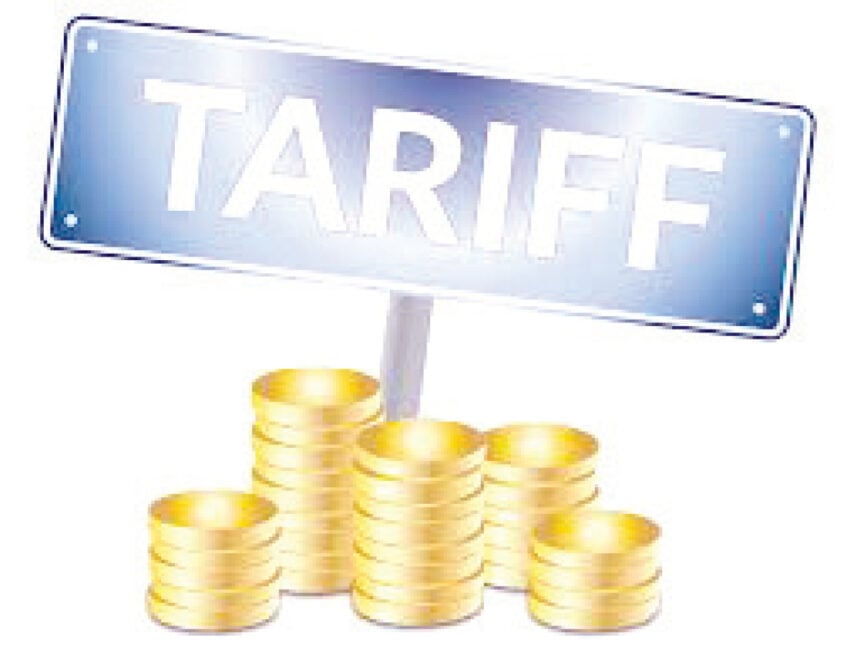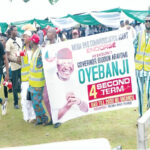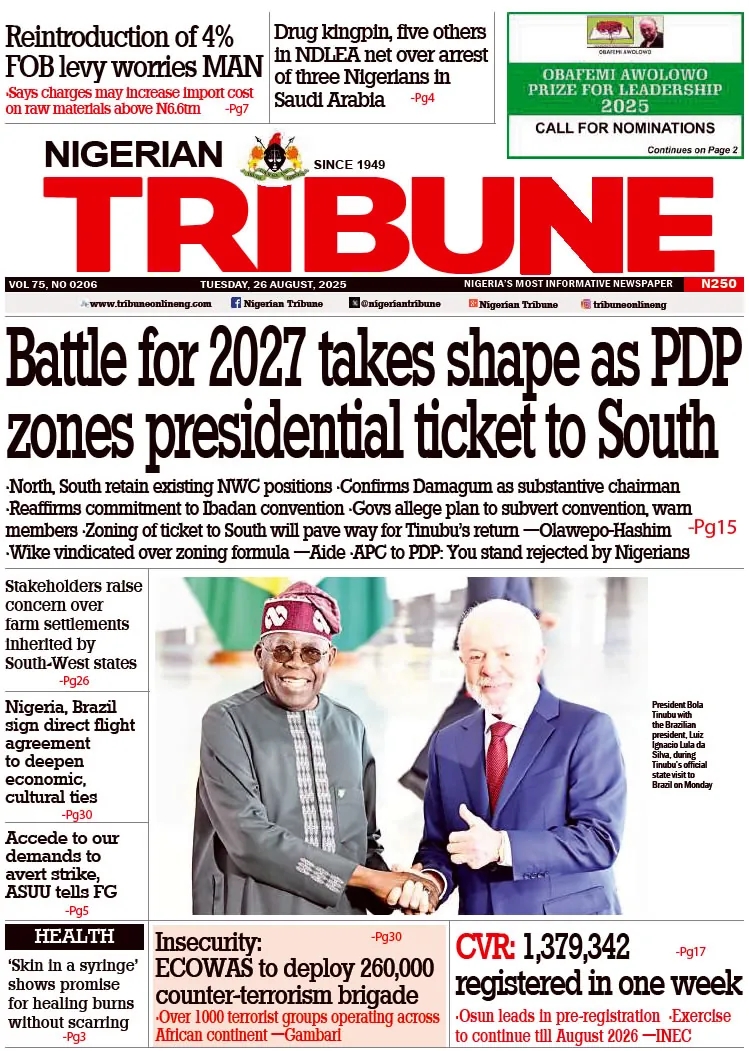Under the provisions of international trade law, a tariff is a duty or tax imposed on imported and sometimes exported goods. Countries are legally permitted to set tariffs as part of their sovereign right under the World Trade Organization (WTO) framework but it must be in accordance with multilateral trade rules and bilateral agreements.
And in Nigeria, the Customs and Excise Management Act (CEMA) empowers the federal government, through the Nigeria Customs Service, to impose and collect import duties. Tariff rates are guided by the ECOWAS Common External Tariff (CET), which harmonises duties across West African states, except where Nigeria has special exemptions or waivers.
So, when the U.S. imposes a 14 percent tariff on Nigerian exports, it doesn’t just hit businesses, it also affects Nigeria’s obligations under trade treaties, including AGOA (African Growth and Opportunity Act), WTO rules, and any bilateral agreements in force. In March 2025, after failed negotiations, the U.S. imposed a new round of tariffs on China and several other countries, including a 14 percent tariff on Nigerian goods. For Nigeria, this raises important questions of international trade law:
While Nigeria can argue that the U.S. tariffs are discriminatory and not justified under WTO rules. However, the dispute resolution process is slow and politically fraught. And Nigeria could lawfully impose countervailing duties under its local laws or invoke dispute resolution procedures. However, this may not be strategic given Nigeria’s economic position and reliance on U.S. markets for certain goods.
Tariffs may sound like technical trade talk, but they directly shape what you pay in the market because imported goods get more expensive, especially in Nigeria where so much depends on imports; when the countries it trades with start imposing or facing tariffs, those costs are passed on to importers and eventually to the masses. Also, inflation grows and affects the everyday expenses of individuals in every area while jobs and salaries become uncertain as companies pay more to bring in goods or can’t export their products abroad due to new tariffs and might reduce their workforce or halt expansions. This affects job creation, wages and stability.
However, the African Continental Free Trade Area (AfCFTA), a legally binding agreement under the African Union, aimed at creating a single market for goods and services across Africa which Nigeria ratified in 2019, incorporating it into domestic law through the AfCFTA (Ratification and Enforcement) Act may help via tariff reductions, dispute settlement mechanism, rules of origin and protocols on services, investment, and competition.
This translates to cheaper African goods, more opportunities for Nigerian products and a boost to small businesses. While Trump’s tariff strategy has reignited old tensions in global trade law, the AfCFTA signals Africa’s determination to chart a new legal and economic path. For Nigerian businesses and families, this is both a challenge and an opportunity: global turbulence on one side, continental integration on the other.
Understanding the legal frameworks behind tariffs and trade agreements isn’t just for trade lawyers and policymakers, it’s for anyone who shops, trades, or dreams of doing business across borders.
READ ALSO: Telecoms consumers demand better services after tarrif hike
WATCH TOP VIDEOS FROM NIGERIAN TRIBUNE TV
- Let’s Talk About SELF-AWARENESS
- Is Your Confidence Mistaken for Pride? Let’s talk about it
- Is Etiquette About Perfection…Or Just Not Being Rude?
- Top Psychologist Reveal 3 Signs You’re Struggling With Imposter Syndrome
- Do You Pick Up Work-Related Calls at Midnight or Never? Let’s Talk About Boundaries







